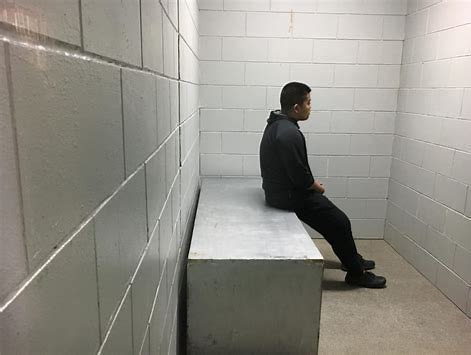It has
certainly been a phenomenon at a time when fewer people watch live TV
preferring instead to watch on livestream.
It has also
sparked a discussion, not least amongst Christians, around the question of
whether we should be watching the show or not.
If you want a flavour of this discussion then follow this link for one very informative and interesting comment
Interestingly
the previous series last year had a confessed Christian and in the latest
series, the Rev Lisa Coupland, a Church of England Vicar from Cornwall was a
contestant. Her overriding comment was
that ‘any good murder mystery always has a vicar.’
I watched it
(with my wife) and found it to be compelling viewing.
However, questions
remain, and they are legitimate. The whole show is predicated on lying and
hiding true identity. Therefore, is this
an acceptable TV watch for Christians?
A question I
am left with (and I am left with a huge number of questions) is why has this
show proved to be so compelling? The
contestants are lying as they seek to win an ever-increasing amount of money
from the prize pot. The whole show has a
bit of macabre feel to it, bordering occasionaly on the pagan and maybe even the
occult.
I am still
trying to process why I found it so entertaining and a compulsive watch. (The compulsive’ aspect is easy, they always
left you with a cliff hanger!)
What I did need to do after the final episode was to watch what was called, ‘Traitors Uncloaked.’ I have also found it helpful to listen to other interviews with the participants. This is a Game, and people are playing a game and part of the game is to see if you can hide your identity, which involves lying.
Part of the
game also includes ‘Missions’ where the players must complete task and work
together to gain ‘gold’ that increases the prize pot. There are moments of real
self-sacrifice, there are plot twist and turns, dilemmas to face, friendships
formed.
What we also
get to see at the end is the real identity of the players. We also get to see
how they all come out as friends and all talk about the fun, joy and challenge
the show has brought to them, even if they had not won the prize pot.
I think it
does give a good snapshot on the complexity of humans; their mixed motives,
their dreams and their desires and what they will do to achieve them. This is all done with no one getting hurt,
damaged or injured. It is played out in
front of us with all the participants having knowingly volunteered to take
part.
If there is
a danger it might be for those who are unable to separate fact from fiction,
those for whom life becomes blurred. For those who seek to live out their
fantasy often with real harm done to others.
Having said all
of that, I do hear and seek to heed the word of Philippians 4.8
“Finally, brothers and sisters, whatever is true, whatever is noble, whatever is right, whatever is pure, whatever is lovely, whatever is admirable—if anything is excellent or praiseworthy—think about such things.”
I would
argue within all the various machinations of The Traitors there are moments of
truth, acts of love, things that are admirable and praiseworthy.
What we can
do amongst all that’s going on is to see if we can discern those attributes.
Learning how
to be skilled in discerning such attributes amid very messy and complicated
lives with which are surrounded, and of which we are part, is surely something
worth exploring.
I am not
trying to persuade you that it is fine to watch The Traitors. That is up to you
to decide. I am trying to open up some
questions and maybe some ways to think about this show, which we need to remind
ourselves again, was a compelling watch for over seven million people. We need to be
aware what is happening around us and what people are engaging with in our
society today. In this way The Traitors holds up a helpful mirror. We could of course always retreat into our self-righteous
silos and appear to be taking an apparent noble stand against all that appears
nasty and brutish in our world. However, I think
the story of the incarnation tells us a different story!


.png)





.jpg)






